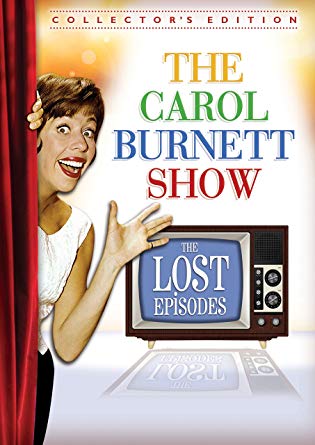
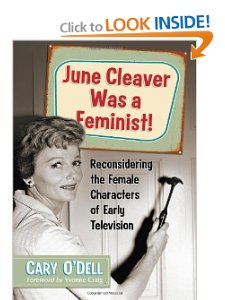
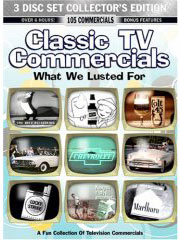
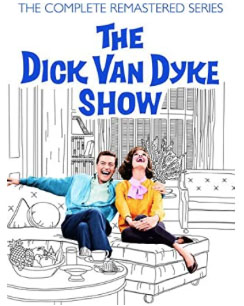
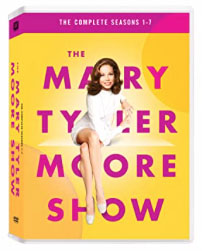
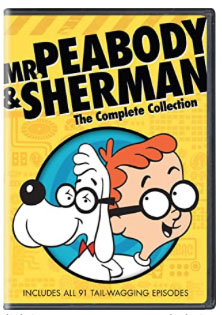
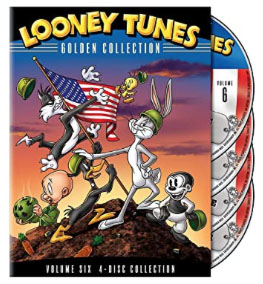
 |
 |
 |
 |
 |
 |
 |
|
|
by your pal, Billy Ingram During the first three decades of television, there was a crowded slate of network variety shows and they would all go on hiatus for the summer.
Hit records ran out for the musical duo years earlier, their movies flopped as well, but Sonny and Cher scored on CBS in 1971 as the summer replacement for The Ed Sullivan Show. Ratings were so high, they re-appeared with their own regular series that December. Top ten ratings, number-one records, and sold-out concert dates followed. After the Sonny and Cher phenomenon, all three networks stopped developing variety shows primarily around comedians and started looking to the top-40 charts for the next wave of musical-variety stars. Every summer season for the next six years, the nets mounted shows starring established pop groups and one-hit-wonders, hoping that lightning would strike again. Here is a look at just a few of them:
Sanford and Son debuted on NBC in January of 1972 and suddenly shows with blacks in prominent roles were hot. CBS went shopping for a black Sonny and Cher and found them. The Melba Moore–Clifton Davis Show was a superlative five-week replacement for The Carol Burnett Show in 1972, starring real-life couple Melba Moore (Tony Award winning star of Purlie) and Clifton Davis, (he wrote the song Never Can Say Goodbye).
Of course, there was lots of Sonny and Cher style squabbling between the couple and old-school nightclub comedian Timmie Rogers ("Oh Yeeaaah!") gained a forum for his hilarious bits. Also featured were regulars Liz Torres, Ron Carrey, and Dick Libertini. It was widely reported that CBS was going bring this show back as a mid-season replacement in 1973, but this was not to be. The couple split soon after but Clifton Davis turned up in a sitcom called That's My Mama in 1974. Melba Moore went on to star in Melba, a sitcom that was cancelled after the first episode in 1986 just as her ex began a long run with Amen that same year. Here's another of Roger's routines that he did variations on for years - 'Everything's Going Up' from the Moore / Davis show.
Ken Berry was unable to find regular series work again until Mama's Family rescued his TV career in 1983, if you want to call that a rescue.
The Bobby Darin Amusement Company was produced by Saul Illson and Ernest Chambers (original producers of The Smothers Brothers Comedy Hour), with regulars Steve Landesburg, Dick Bakalyan, and Rip Taylor. George Burns, Bobbie Gentry, and Burt Reynolds appeared as special guests on the first episode.
The emphasis was on both comedy and music, with Bobby playing characters like "Dusty John the hippie" and "the Godmother" in comedy skits. "Angie and Carmine" was another regular feature with Bobby and comic Dick Bakalyan portraying two regular guys from the Bronx talking on their front stoop, the dialogue partly improvisational. One bizarre (but original) semi-regular feature had Bobby explaining tricky chess moves. The program was a top-notch production and was brought back in 1973, but the star was gravely ill by that time so the revival only lasted a few short months. Tragically, Bobby Darin died later that same year.
Featured on the The Hudson Brothers Show were Gary Owens, Ronnie Graham, Stephanie Edwards, and Australian Rod Hull and his Amazing Emu.
The Hudson Brothers Show clicked with youngsters, which led to the Hudson Brothers Razzle Dazzle Show, an unusual half-hour Saturday morning CBS variety program that debuted in the fall.
Because those initial summer numbers were so high, NBC made another failed attempt in 1976. They just couldn't believe Mac Davis wasn't able to recapture that audience.
Produced by Allan Blye and Bob Einstein, Joey and Dad starred Las Vegas showgirl / sexpot Joey Heatherton and her father Ray Heatherton, who was known to 1950s juvenile audiences as "The Merry Mailman." Opening dialogues
were along familiar lines, but with a generation-gap twist:
Joey And Dad ran for four weeks in July, 1975 as the summer substitute for Cher and guest stars included Captain and Tennille, Frankie Valli, and Sherman Hemsley. One bizarre low point was the "dead parrot" routine lifted from Monty Python and performed almost verbatim by Pat Paulsen and Sherman Hemsley.
This nostalgically musical program concentrated on elaborate production numbers hearkening back to various time periods in order to showcase the vocal versatility of the four hosts and some of the numbers were stunning.
Bob Marley and the Wailers were the musical guests on the last show singing 'Kinky Reggae.' One regular comedy feature was Archie Hahn as "Doughie Duck;" other guests included Sha Na Na, Gabe Kaplan and Steve Landsberg. The group closed their first three shows with a little ditty called 'Sunday' originally recorded by Jean Goldkette & His Orchestra. If you were watching in 1976 the next sound you would have heard would have been the opening to the Bicentennial Minute.
Cher blamed these two lightweight replacement shows for eroding her audience that summer, diminishing the return for her show in the fall which in turn forced a Sonny and Cher reunion a year later.
|
For
Embedded Video In the Nineties, everyone got a talk show - In
the Seventies, Tim
Conway, Tony Orlando and Dawn, Marilyn McCoo and Billy Davis, Captain
and Tennille, Donny and Marie, Melba Moore and Clifton Davis, Burns and
Schreiber, The Brady Bunch, Ken Berry, Jim Stafford, Julie Andrews, Mac
Davis, Glen Campbell, Barbara McNair, Ray Stevens, Ken Berry, David Steinberg,
Dick Clark, Dick Cavett, Leslie Uggams, Donna Fargo, Don Knotts, McLean
Stevenson, Rich Little, Chuck Barris, Lola Falana, Mary Tyler Moore, Tom
Jones, Carol Burnett, Liberace, Sonny and Cher, Dinah Shore, The Hudson
Brothers, The Smothers Brothers, The Carpenters, Barbara Mandrell and
the Mandrell Sisters, Sheilds and Yarnell, The Manhattan Transfer, The
Starland Vocal Band, Peter Marshall, Kenny Rogers, Pat Paulsen, The Jacksons,
John Byner, Johnny Cash, Jerry Reed, Helen Reddy, Andy Williams, Sammy
Davis, Jr., Dinah Shore, Kelly Monteith, Sha Na Na, Bill Cosby, Ben Vereen,
Bobby Darin, Bobby Goldsboro, Bobby Vinton, Dolly Parton, Richard Pryor,
Burt Convy, Frankie Avalon, Howard Coselland of course The Muppets.
You won't be gambling with this new book TV
on DVD / / Holiday
Specials on DVD
|
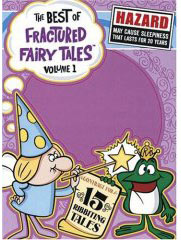 |
Everything
you're looking for is right here: Save money! |
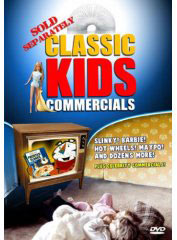 |
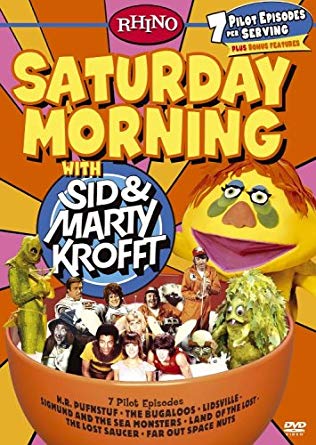 |
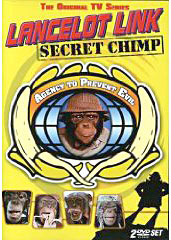 |
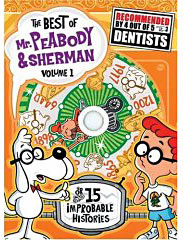 |
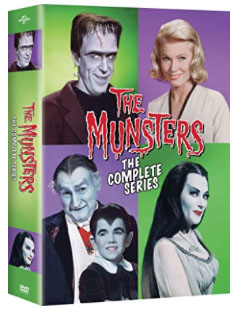 |
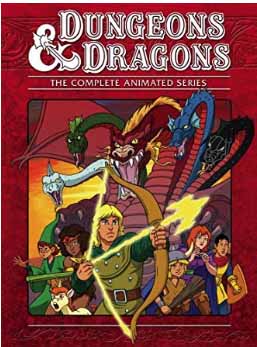 |
| TV
Shows on DVD/ /
/ / / / / 2009
TV Show Reviews /
/ / / / / / Cartoons
on DVD/ / / / /
/ / Christmas
Specials on DVD
/ / / / / / Classic
Commercials |
|||||||
|
|
||||||||||
| Everything
you're looking for is right here: Save money! |